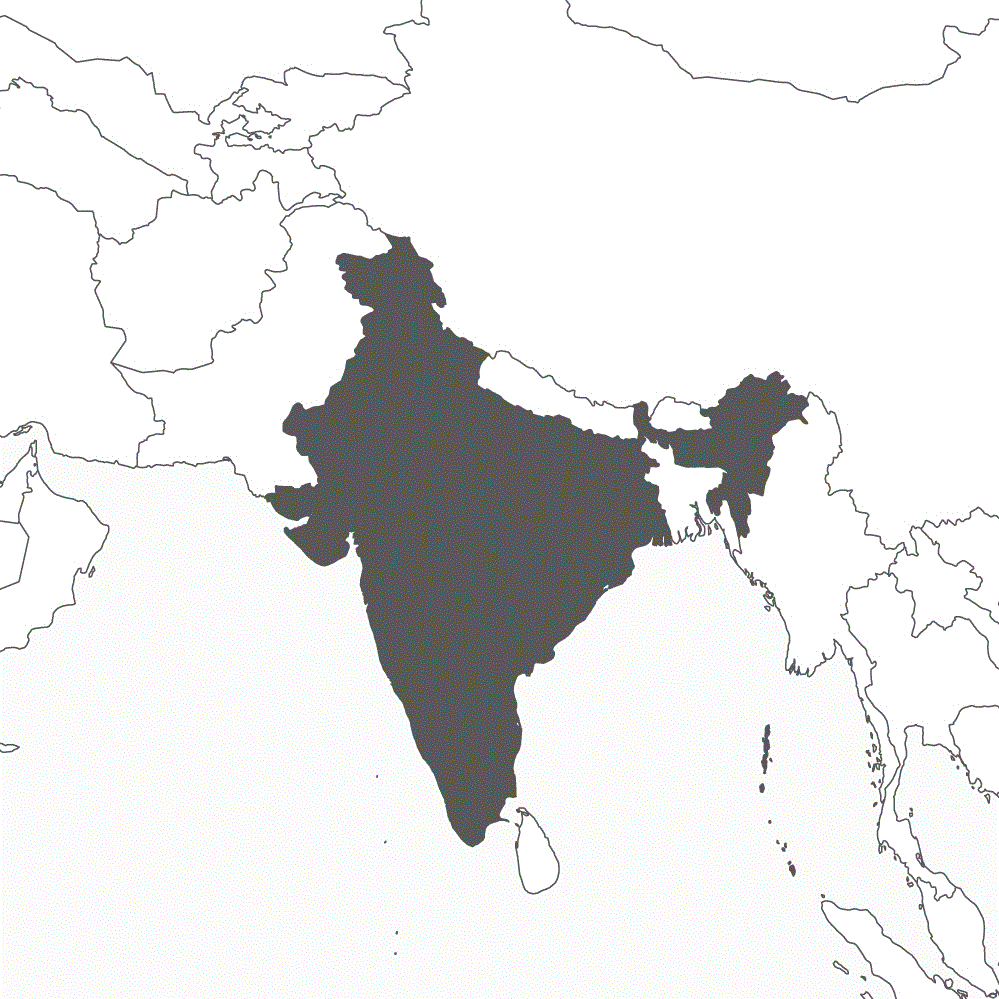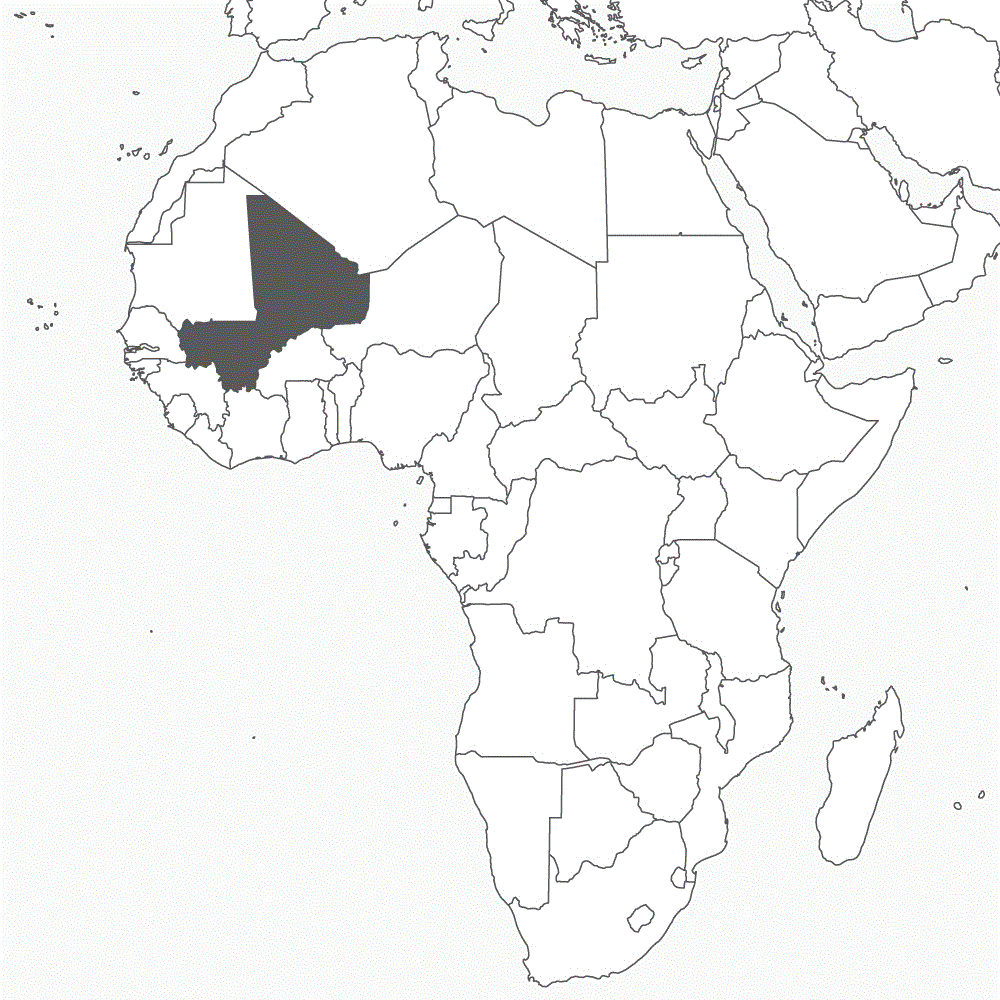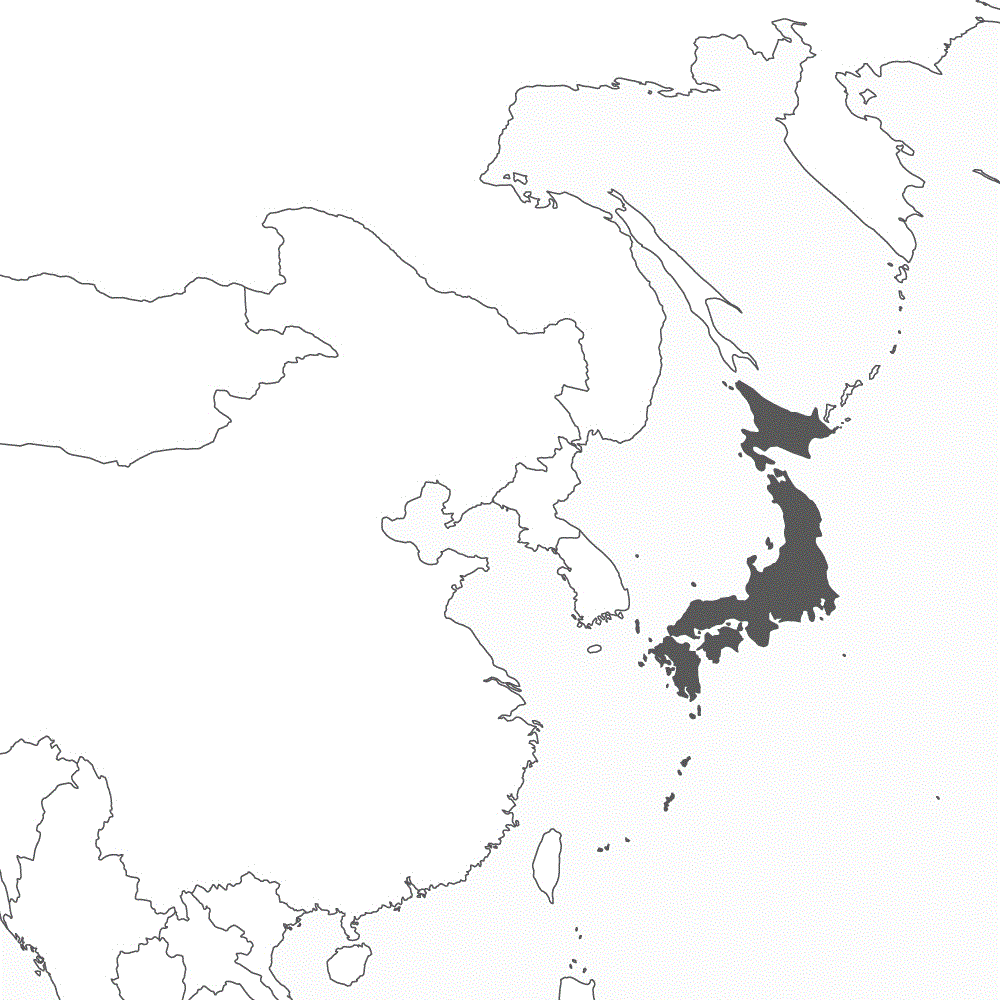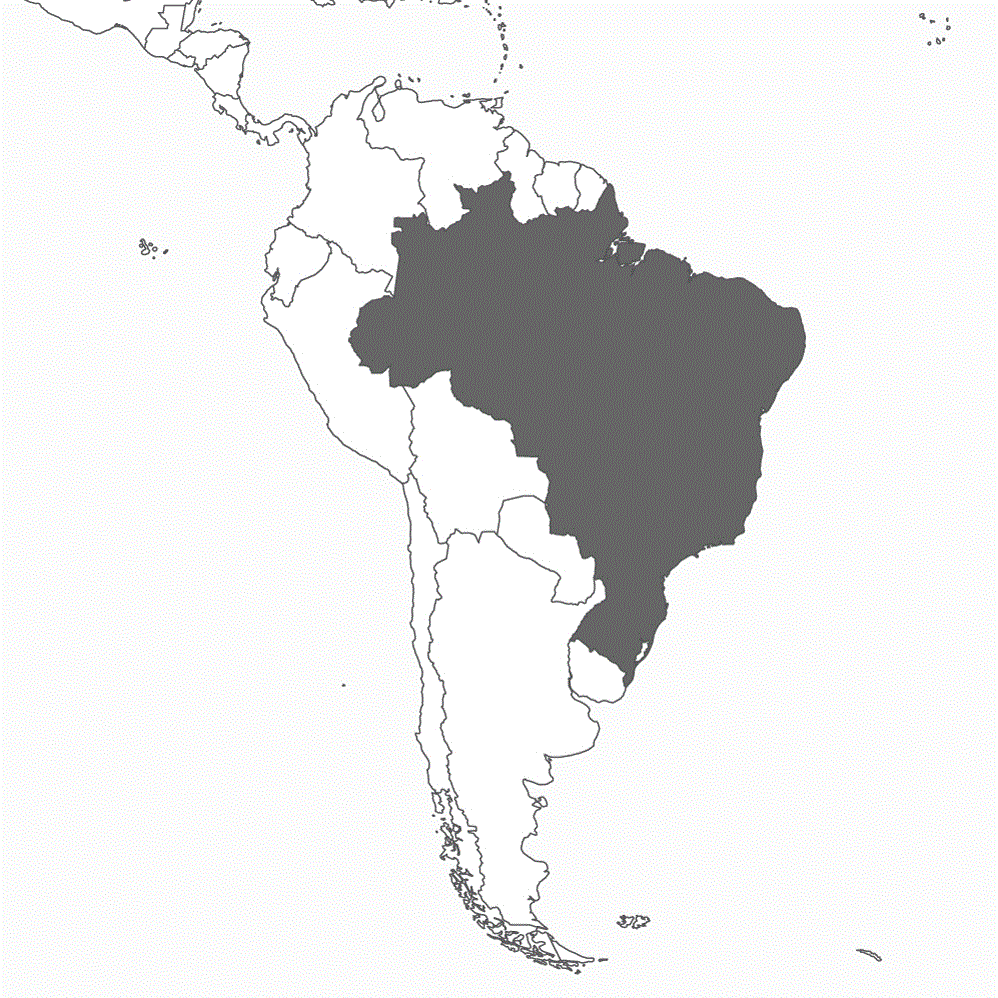Battle for the Tank Market
The US arms industry could be main profiteer from Leopard 2 deliveries to Kiev. German tank producers increasingly threatened by US and South Korean competition.
BERLIN/WASHINGTON/SEOUL (Own report) – The United Sates is holding up the promised deliveries of M1 Abrams battle tanks to Ukraine as a means of attacking Germany’s Leopard 2’s strong standing on the European arms markets. This is suggested by reports from industrial circles. As the Biden administration has confirmed, the promised 31 M1 Abrams battle tanks will probably not be delivered to Kiev before two, or eventually one and a half years. Washington is supposedly ready to quickly replace the Leopard 2 battle tanks, European countries deliver to Kiev, with M1 Abrams, as long as the recipients engage in a “long-term industrial partnership.” This would mean, however, that they would be lost as potential customers for German battle tanks. Experts warn that this would also entail Berlin’s loss of political influence. Poland was the first European state to opt for US battle tanks, already prior to Russia’s intervention, and is also buying battle tanks from South Korea, which it plans to produce itself, in a few years. This, in turn, serves US Interests in Eastern Asia – and weakens Berlin. Read more
„Engage India”
German Chancellor Olaf Scholz visits India this weekend – in an effort to drive a wedge between New Delhi and Moscow and to redirect German Asia business from China to India.
NEW DELHI/BERLIN (Own report) – With his visit to India, German Chancellor Olaf Scholz continues his efforts to drive a wedge between New Delhi and Moscow. Scholz will hold talks this weekend in the Indian capital and in Bengaluru, in an attempt to bind India more closely to the West. The Indian government still refuses to join sanctions against Russia or to politically isolate Moscow. It is, instead, expanding its trade with Russia and promoting a negotiated settlement to the Ukraine war. In a concerted effort to prevent this, Western states had applied massive pressure on New Delhi last year. Now they are trying a sort of engagement strategy. Scholz plans to also encourage India to strengthen business relations. Berlin seeks to scale back German business relations with China, and instead expand business with other Asian countries. According to a recent survey among German enterprises in Singapore and India, around 70 percent do not want to invest in India because of widely-known unfavorable conditions. Read more
“On the Side of Diplomacy” (II)
At the Munich Security Conference China announced an initiative to end the Ukraine war. The Global South is in support, the West – including Germany – is opposed.
MUNICH (Own report) – At the Munich Security Conference (MSC) over the weekend, China’s top-ranking foreign policy official announced an initiative to end the Ukraine war. According to Wang Yi, Beijing will soon present a document outlining the Chinese position on settling the Ukraine crisis. China’s initiative echoes demands for a negotiated settlement of the Ukraine crisis, which have long been raised in the Global South. Recently Brazilian President Luiz Inácio Lula da Silva announced the creation of a “Peace Club” of states, which advocate ending the Ukraine war. India is also striving to negotiate with both sides. About ten days ago, its National Security Advisor visited Moscow for talks with President Vladimir Putin. Turkey had, in the past, successfully moderated talks already between Russia and Ukraine. However, in the spring of 2022, a potential peace agreement failed, due to Western interventions. Banking on Ukraine’s military victory, Berlin is also opposing Beijing’s most recent mediation proposal. Read more
The Western War Objectives
German diplomat calls for NATO agreement on the “Western war objectives” in Ukraine. New sources confirm: The West thwarted an early end to the war in the spring 2022.
BERLIN/WASHINGTON/KIEV (Own report) – The former Chair of the Munich Security Conference, Wolfgang Ischinger, calls for NATO to reach an agreement on the “Western [!] war objectives” in the Ukraine war. “A political strategic contact group” should be established to set these objectives, the German diplomat declared. It should, for example, be decided, whether to “encourage Ukraine to militarily reconquer Crimea.” By establishing such a “contact group”, the West would de facto openly assume control of Ukraine's combat operations. whose early ending, according to several sources, it had successfully sabotaged in late March/early April of last year. This is shown in reports of British and Ukrainian media, as well as by accounts both by well-known US experts on Russia and by the former Israeli Prime Minister Naftali Bennett, which have been substantiated by former UN diplomat Michael von der Schulenburg’s research. A cease-fire agreement had been nearly finalized ten and a half months ago, when it was thwarted by obstinate NATO – particular British – objections. Read more
The Collapse of the Old Order
Munich Security Report: The war in Ukraine is part of the great power struggle against or for the Western-dominated global order. The Global South is beginning to shake off Western domination.
MUNICH (Own report) – The organizers of the Munich Security Conference (MSC) are urging stronger consideration of the Global South’s interests. As was reported in the Munich Security Report, published yesterday, not a single state from Africa or Latin America – and hardly a state in Asia – supports the West’s sanctions policy against Russia. If serious setbacks are to be avoided in the global power struggle against Russia and China on a long-term basis, one must win back at least a few of the Global South’s countries. After all, in many countries of the South, the “Western-dominated order” is in many states in the Global South, characterized by “postcolonial domination” which engenders sympathy for a “post-Western” global order. The Munich Security Report also states that the war in Ukraine is just the most brazen attack on the Western-dominated (rules-based) order. Accordingly, the demand that Russia not be allowed to win the war, and preferably, even lose it, serves, at least temporarily, to shore up the West’s global dominance. Read more
Sanctions on Emergency Aid
Aid organizations call for the EU to lift sanctions on Syria, because they block earthquake emergency aid. For years, sanctions have massively contributed to hunger in Syria.
DAMASCUS/BERLIN (Own report) – Aid organizations are calling for the immediate lifting of the EU’s sanctions on Syria, because they are blocking emergency aid in the wake of the devastating earthquake. The sanctions have already been “seriously affecting the population for years,” the general secretary of the Middle East Council of Churches (MECC) declared. Due to the sanctions, even the Church’s “earthquake relief aid does not reach Syria.” The Head of the Syrian Arab Red Crescent (SARC) reported that the sanctions-related fuel shortage prevents sufficient aid convoys from reaching the region of the earthquake in Syria. For years, the sanctions have been sharply criticized by aid organizations such as Caritas, because they escalate poverty and hunger in the country. According to statistics of the World Food Program (WFP), 12 million, out of the population of 22 million, suffer food insecurity due to the fact that the importation of food, as well as fertilizer and agricultural machines are under sanctions and therefore hardly accessible. Rather than lift sanctions, Germany’s Foreign Minister Annalena Baerbock calls for opening northern Syrian border crossings – thereby instrumentalizing the earthquake, to push through a long-standing Western demand. Read more
In West Africa against Russia (II)
Controversy over reconnaissance drone flights hampers Bundeswehr mission in Mali: Bamako is denied access to the data. Burkina Faso also expels French troops from the country.
BAMAKO/BERLIN/OUAGADOUGOU (Own report) – Prior to Russia’s Foreign Minister Sergey Lavrov’s visit in Mail, announced for today, the dispute over the German Bundeswehr’s deployment in that West African country has again flared up. For months, Mali’s military government has made it virtually impossible for the Bundeswehr to conduct drone operations, which are considered indispensable. In seeking to regain control over what is happening in its own country, Bamako has thus been demanding access to the images and data being recorded by the drones. Apparently, this access has been denied the Malian government because of Bamako’s growing cooperation with Moscow, which Western powers seek to sabotage. While the conflict over the Bundeswehr mission in Mali continues, a quite similar development is taking place in neighboring Burkina Faso. There also, the military government has ordered the French armed forces to leave the country. Observers are convinced that this is because Burkina Faso is preparing to cooperate with the Russian military, and they do not rule out similar developments in even more West African countries. Read more
Militarization of the First Island Chain
NATO expands cooperation with Japan on a broad front – at a time when Tokyo is engaged in the greatest arms buildup since 1945. USA gears up the entire first island chain of China for war.
TOKYO/WASHINGTON/BERLIN (Own report) – NATO will systematically expand its cooperation with Japan, and cooperate more closely than ever before with that East Asian country’s traditional armed forces in cyber defense and outer space. The world has reached “a historical inflection point,” in which the “balance of power is also rapidly shifting in the Indo-Pacific, according to a Joint Statement, signed this week in Tokyo by NATO Secretary General Jens Stoltenberg and Japan’s Prime Minister Fumio Kishida. The upgrading of cooperation, which Berlin is also promoting on a national level, comes at a time, when Japan is embarking on an arms build-up, unprecedented since 1945. It is increasing its military budget by over 50 percent, which will make it the country with the third-largest military budget in the world and will acquire an arsenal of missiles capable of massive attacks on targets in China. At the same time, the United States is intensifying its military cooperation with Japan – in a way that experts compare to the build-up of Western military potential around Ukraine since 2014. Washington is pursuing similar efforts throughout the first island chain off China – also on Taiwan and in the Philippines. Read more
“On the Side of Diplomacy”
Brazil rejects Berlin's call for arms deliveries to Ukraine and aims to mediate in the Ukraine war – together with other countries of the Global South.
BRASÍLIA/BERLIN (Own report) – In open defiance of Germany and the other Western powers, Brazil rejects all arms deliveries to Ukraine and pushes, instead, for a mediation initiative to end the Ukraine war. Brazil sees itself as a “land of peace” and rejects any involvement in this war, was President Luiz Inácio Lula da Silva’s response Monday to Berlin's demand during German Chancellor Olaf Scholz's visit, that ammunition for the Gepard anti-aircraft tank be provided to Kiev. Rather than constantly fueling the war with ever more weapons, a mediation initiative must be launched, with the possible contribution from China, in particular, but also from India and Indonesia, according to Lula. Scholz does not support such an initiative from the Global South to end the fighting and raised his objections on Monday. However, more and more governments, particularly in the Global South, such as, most recently Columbia and Egypt, but also Israel are promoting a negotiated solution. Thus, a counterpoint is becoming apparent to the West's efforts to continue to assert its global dominance in and with the Ukraine war. Read more
GERMAN-FOREIGN-POLICY.com
Information on German Foreign Policy: News + Interviews + Analyses + Background







